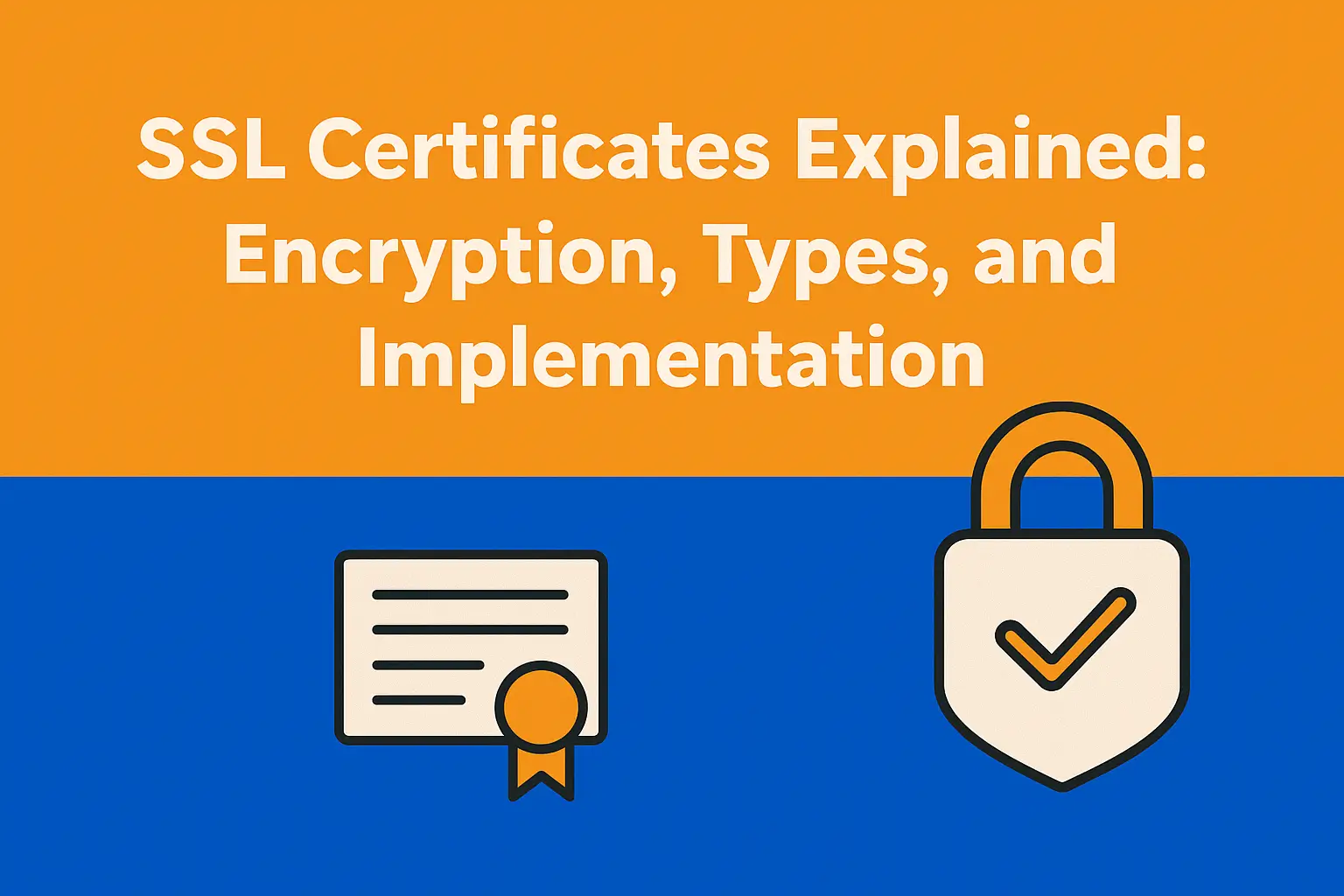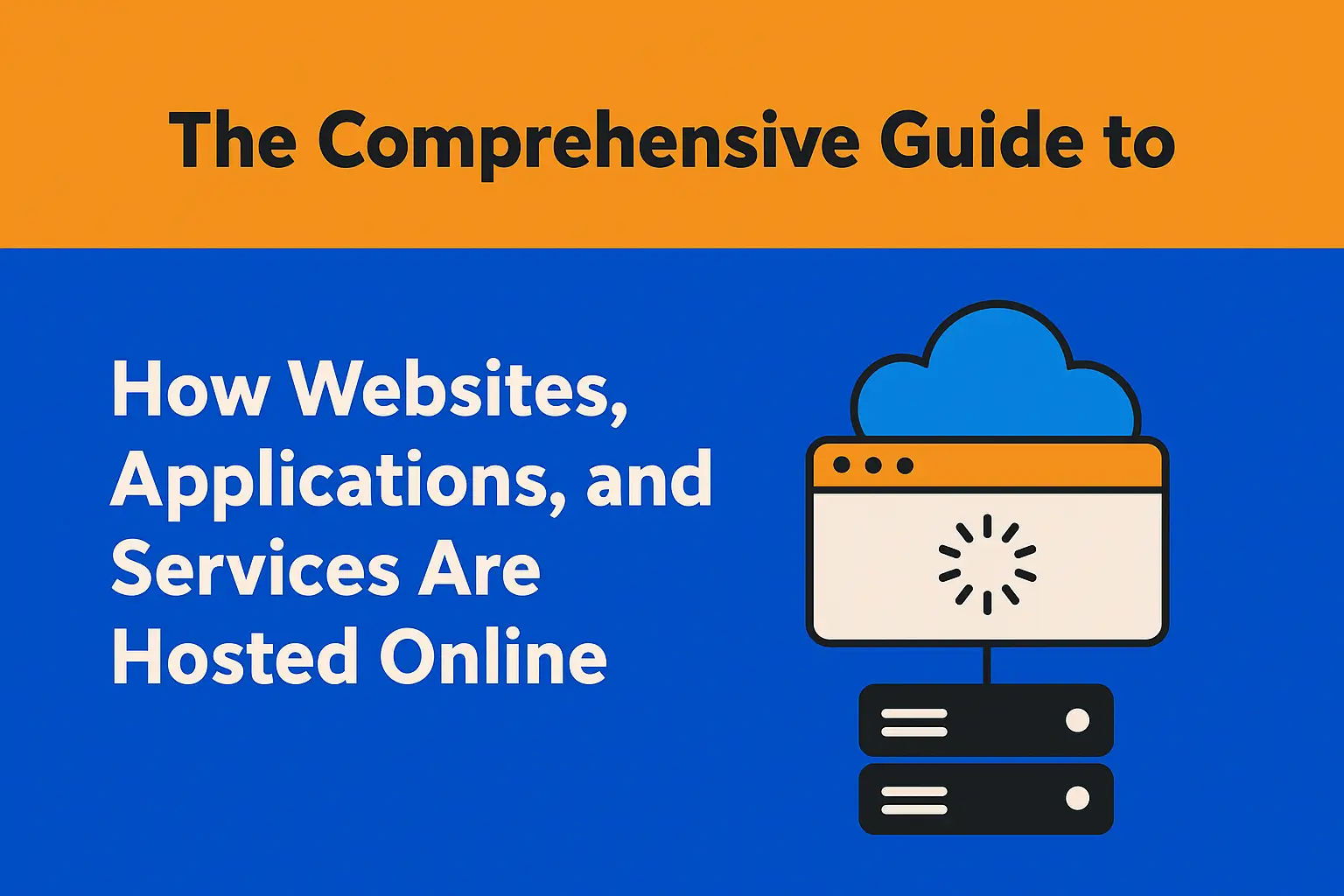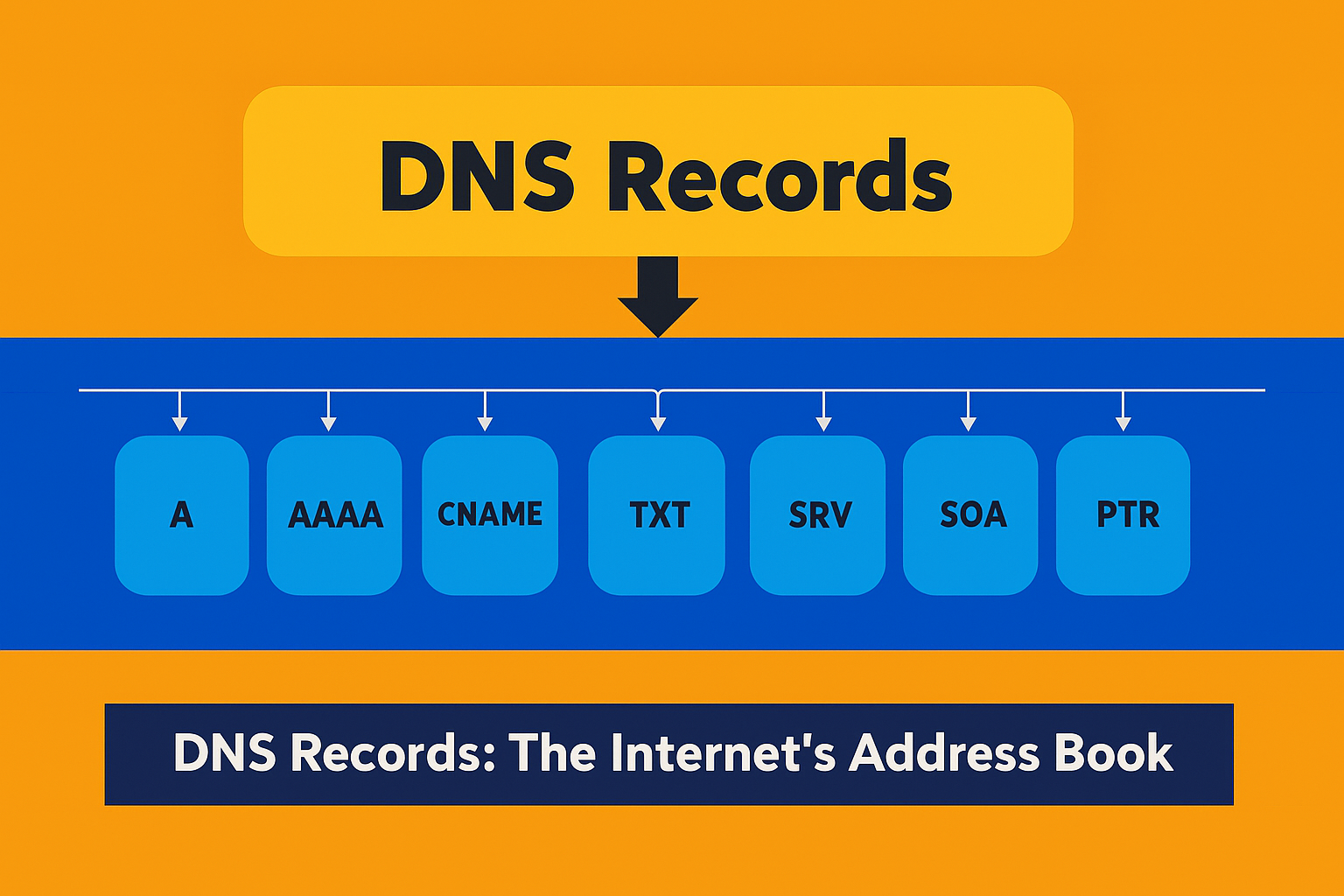
Introduction to Backlinks and Domain Reputation
In the realm of Search Engine Optimization (SEO), the concepts of backlinks and domain reputation are fundamental. Backlinks, or inbound links, are hyperlinks that direct users from one website to another. These links are akin to digital endorsements, signaling to search engines that the content on the linked website is valuable and credible. The importance of backlinks extends beyond mere navigation; they are a critical component in determining a website’s domain reputation.
Domain reputation, or domain authority, is a measure of the overall credibility and trustworthiness of a website. This metric is influenced by multiple factors, including the quality and quantity of backlinks a website receives. When a website is linked by numerous reputable sources, it sends a positive signal to search engines, elevating its domain reputation. Thus, backlinks serve as votes of confidence that contribute significantly to the trustworthiness and ranking potential of a website.
Understanding the interplay between backlinks and domain reputation is essential for any website aiming to build trust online. High-quality backlinks from authoritative sites enhance domain reputation, making the website more attractive to search engines. Consequently, a strong domain reputation amplifies the effectiveness of SEO efforts, leading to better search engine rankings, increased traffic, and greater visibility.
In summary, backlinks and domain reputation are inextricably linked components of an effective SEO strategy. By prioritizing the acquisition of high-quality backlinks, websites can bolster their domain reputation and, in turn, build trust with both users and search engines. This foundational understanding sets the stage for deeper exploration into the various methods and strategies to cultivate and maintain a robust online presence.
The Importance of Quality Backlinks
In the realm of search engine optimization (SEO), backlinks serve as pivotal assets in establishing domain reputation and boosting visibility. However, not all backlinks hold equal value. The quality of backlinks supersedes their quantity, significantly influencing how search engines perceive a website’s credibility and relevance.
High-quality backlinks originate from authoritative websites, such as well-established news outlets, educational institutions, and industry-leading blogs. These links act as endorsements, signaling to search engines that the content is trustworthy and valuable. For instance, a backlink from a site like Forbes can considerably elevate a website’s domain authority, as opposed to multiple backlinks from lesser-known or dubious sites. Search engines prioritize authority and trustworthiness, making these high-caliber links integral in the algorithm used to rank websites.
Conversely, low-quality backlinks, often acquired from link farms, spammy directories, or irrelevant content farms, can be detrimental. These links may not only fail to enhance domain reputation but can also trigger penalties from search engines like Google, negatively affecting search rankings. The Penguin algorithm update by Google, for example, specifically targets and penalizes sites using manipulative link-building practices, underscoring the importance of obtaining quality backlinks.
Statistical evidence supports the significance of high-quality backlinks. According to a study by Backlinko, among factors determining top-page rankings on Google, quality backlinks were identified as one of the most influential. Pages that ranked first on search result pages had an average of 3.8 times more backlinks from high-authority sites compared to those ranking lower.
Ultimately, effective SEO strategies hinge on the procurement of quality backlinks. This approach not only enhances domain reputation but also ensures sustained visibility in search engine rankings, fostering a trustworthy and authoritative online presence.
How to Acquire High-Quality Backlinks
Acquiring high-quality backlinks is a fundamental aspect of establishing a robust domain reputation. A strategic approach can significantly enhance a website’s authority and drive organic traffic. Guest blogging stands out as a highly effective method. By contributing valuable content to reputable sites within your niche, you can gain backlinks that reflect positively on your domain. Furthermore, this fosters networking opportunities with leading figures in your industry.
Creating shareable content is another pivotal strategy. Content that is unique, informative, and engaging naturally attracts links from other websites. Infographics, in-depth guides, and original research tend to be particularly popular. When content resonates with your audience, it incites shares and backlinks, thereby boosting your domain’s credibility.
Collaborating with influencers can also substantially amplify your backlink profile. Influencers have established audiences that trust their recommendations. Partnering with them not only broadens your reach but can also lead to authoritative backlinks from their platforms. Content co-creation, sponsored posts, and social mentions are some ways to leverage influencer relationships.
Utilizing social media platforms effectively can significantly contribute to backlink acquisition. Promoting your content across various social media channels increases its visibility and the potential for other sites to reference it. Engaging with your audience through these platforms encourages natural link-building and broadens your online presence.
It is crucial to emphasize ethical practices when building backlinks. Engaging in black hat SEO tactics such as buying links, using link farms, or participating in link schemes can severely damage your domain’s reputation and result in penalties from search engines. Instead, focus on organic and legitimate methods to enhance your backlink profile sustainably.
In conclusion, acquiring high-quality backlinks demands a well-rounded approach that includes guest blogging, creating compelling content, collaborating with influencers, and leveraging social media. Adhering to ethical practices ensures that your domain reputation remains strong and resilient.
Understanding Domain Reputation
Domain reputation refers to the perceived credibility and trustworthiness of a website in the eyes of search engines and users. It is a multifaceted concept that encompasses various metrics and signals, which collectively contribute to how a domain is assessed. Search engines like Google rigorously evaluate domain reputation to determine a website’s authority and relevance in relation to specific search queries.
Several factors contribute to a high domain reputation. Chief among these is the quality and quantity of backlinks, which are external links pointing to a website. Backlinks from authoritative domains serve as endorsements, signaling to search engines that a website is a credible source of information. Additionally, the consistency and quality of content play a significant role, as regularly updated and valuable content can enhance user engagement and trust. User behavior metrics, such as click-through rates, dwell time, and bounce rates, also influence domain reputation by reflecting how users interact with a website.
Technical aspects, including website load speed, mobile-friendliness, and secure connections (HTTPS), further contribute to domain reputation. Websites that offer a seamless user experience and adhere to technical best practices are more likely to be favored by search engines.
A strong domain reputation has a profound impact on search engine rankings. Websites with high domain reputation are more likely to appear at the top of search engine result pages (SERPs), maximizing their visibility to potential visitors. This visibility can lead to increased organic traffic and higher user engagement, further bolstering the website’s reputation.
Beyond search engine rankings, a robust domain reputation builds user trust. When users consistently find relevant and reliable information on a website, they are more likely to return, recommend the site to others, and engage in transactions. Thus, domain reputation is integral to long-term online success, influencing both search engine algorithms and real-world user behavior.
The Relationship between Backlinks and Domain Reputation
The impact of backlinks on domain reputation is both profound and multifaceted. At its core, a backlink acts as a vote of confidence from one website to another. However, the quality and source of these backlinks are crucial in determining whether they enhance or damage a website’s reputation.
Directly, high-quality backlinks from reputable sources significantly bolster a website’s domain authority. These backlinks signal to search engines that a site is trusted and respected within its niche, thus improving its ranking. For instance, a backlink from a well-established, authoritative domain such as a leading news website can substantially enhance the perceived credibility of the receiving site.
Indirectly, the enhanced visibility and higher rankings resulting from quality backlinks attract more organic traffic. Increased traffic not only improves immediate engagement metrics but also leads to more opportunities for further backlinks, creating a virtuous circle of reputation enhancement.
Conversely, backlinks from dubious or low-quality sites can have a detrimental effect. Search engines are adept at distinguishing between reputable and spammy backlinks. Linking from or to dubious sites flags a website for scrutiny, potentially leading to penalties or lower search engine rankings. As an illustrative case, consider the fallout experienced by JC Penney in 2011 when their reliance on low-quality backlinks for SEO gains led to significant search ranking penalties from Google.
For a more positive example, one can look at the sustained domain reputation improvements achieved by platforms like Medium. By consistently earning backlinks from trusted sources such as academic institutions and reputable news agencies, Medium has solidified its standing as a credible content platform.
In summary, the quality and origin of backlinks are instrumental in shaping a website’s domain reputation. Carefully cultivated, high-quality backlinks can drive significant improvements in a website’s authority and search engine rankings, while poor-quality links pose substantial risks. Thus, strategic management of backlinks is vital for long-term domain reputation success.
Monitoring and Maintaining Your Backlink Profile
Effective management of your backlink profile is central to safeguarding the domain reputation of your website. Regularly monitoring and auditing your backlinks not only helps in identifying beneficial inbound links but also assists in pinpointing and removing spammy or harmful links. Utilizing a comprehensive suite of tools provides critical insights necessary for maintaining a healthy backlink profile.
Several reputable tools are available for backlink monitoring. Google Search Console is an essential resource, providing a straightforward overview of links pointing to your site. It alerts you to potentially harmful links, ensuring prompt action can be taken. Additionally, Ahrefs stands out as a robust tool for detailed backlink analysis, offering extensive data on referring domains, link growth trends, and historical changes.
SEMrush is another highly-regarded platform, noted for its user-friendly interface and powerful backlink auditing features. It’s capable of identifying toxic links, providing a toxicity score that helps in understanding the potential risk of any given backlink. Monitoring these scores regularly can preemptively protect your domain reputation. Moz and Majestic are also valuable tools, offering in-depth metrics and link quality assessment.
Regular auditing of your backlinks is imperative. The dynamic nature of the internet means that new links are formed continuously, and not all of them will be beneficial. A periodic review using the aforementioned tools will ensure that any low-quality or potentially harmful links are swiftly identified and disavowed. By diligently pruning these spammy links, you can preserve the integrity and health of your backlink profile.
Maintaining a clean and strong backlink profile is a proactive measure crucial to protecting your domain reputation. Incorporating these monitoring practices into your routine not only aids in sustaining a high level of trust with search engines but also contributes significantly to the overall strength and credibility of your website.
The Role of Content in Building Trust
The importance of high-quality content in earning and acquiring backlinks, thereby boosting domain reputation, cannot be overstated. In the intricate ecosystem of digital marketing, content serves as the foundation upon which trust and authority are built. High-value content attracts backlinks organically as other sites recognize and value the unique insights, original research, or comprehensive data it provides.
One effective content marketing strategy involves the creation of original research and data-driven articles. This type of content not only positions your domain as a thought leader but also attracts a plethora of backlinks from industry peers, researchers, and journalists looking to support their own content with robust data. Similarly, crafting comprehensive guides or in-depth tutorials can establish your site as a go-to resource for specific information, encouraging other domains to link back to your content.
Infographics represent another potent tool in your content arsenal. Visually engaging and easily shareable, infographics compile complex information into digestible and attractive formats. When executed well, they can be widely distributed across various platforms, significantly increasing the likelihood of acquiring backlinks. Websites often prefer linking to infographics because they enhance the user experience and provide substantial value without overwhelming text.
Beyond the strategies, the essence lies in generating content that fosters trust and engagement. Valuable content answers questions, solves problems, and provides actionable insights, making it indispensable for readers. As users engage with and share this content, search engines recognize its relevance and authority, subsequently enhancing your domain’s reputation.
Therefore, the role of content in building trust is multifaceted. From earning backlinks to establishing authority, high-quality content serves as the cornerstone for a credible online presence. Thoughtful content marketing strategies not only attract backlinks but also cultivate a loyal audience, underpinning long-term digital success.
Maintaining a strong domain reputation through effective backlink strategies is an imperative in the digital marketing landscape. One of the primary best practices is to prioritize quality over quantity. High-authority backlinks from reputable sources bolster domain credibility and positively impact search engine rankings.
Partnering with industry-relevant websites, authoritative blogs, and reputable news outlets can generate valuable backlinks. Furthermore, creating high-quality, shareable content is a proven approach to naturally attracting backlinks. Engaging articles, insightful research, and interactive multimedia not only captivate audiences but also encourage other websites to link to your content, enhancing domain authority organically.
Additionally, it is essential to regularly monitor your backlink profile to identify and disavow any harmful or low-quality links that could tarnish your domain’s reputation. A forward-looking approach to backlinking involves staying abreast of emerging SEO trends. Semantic search is gaining momentum, emphasizing the importance of context over individual keywords. This evolution necessitates a focus on comprehensive content and entities that align with user intent. Strategically contextual backlinks from niche-relevant sources can significantly enhance domain reputation in this context.
The rise of artificial intelligence and machine learning within search algorithms indicates a shift toward more sophisticated methods of evaluating backlink quality. Leveraging AI tools for competitive analysis and optimizing backlink strategies can provide a competitive edge. Moreover, voice search optimization, driven by the increasing use of smart speakers and voice assistants, should be incorporated into backlink strategies. Crafting content that answers direct questions and securing backlinks from high-authority sites with voice search optimization can greatly enhance visibility.
Lastly, building relationships remains crucial. Establishing genuine connections within your industry can lead to mutually beneficial backlink opportunities.
Guest posting, participating in webinars, and engaging with influencers are effective ways to nurture such relationships. Navigating the dynamic field of digital marketing requires agility and a forward-thinking mindset. By implementing these best practices and keeping a pulse on future trends, businesses can enhance their domain reputation and effectively leverage backlinks for sustained online success.





0 Comments